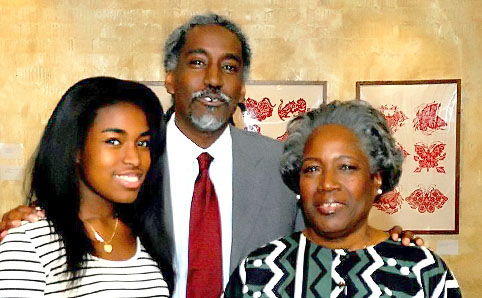Latest News Archive
Please select Category, Year, and then Month to display items
12 October 2020
|
Story Arina Engelbrecht
|
Photo Supplied
 Arina Engelbrecht from Organisational Development and Employee Well-being believes physical activity has a number of benefits for one’s health, including stress relief.
Arina Engelbrecht from Organisational Development and Employee Well-being believes physical activity has a number of benefits for one’s health, including stress relief.
Being physically active plays a big role in preventing the development of mental-health problems and in improving the quality of life of people experiencing mental-health problems.
Treatment for depression
Physical activity can be an alternative treatment for depression. It can be used as a stand-alone treatment or in combination with medication and/or psychological therapy. It promotes all kinds of changes in the brain, including neural growth, reduced inflammation, and new activity patterns are formed that promote feelings of calm and well-being. It releases endorphins – powerful chemicals in the brain that energise your spirit and make you feel good.
Physical activity can be very effective in relieving stress. Research in adults has found that physically active individuals tend to have lower stress levels compared to individuals who are less active. It also leads to improved sleep. When a person sleeps better and feels more rested, overall quality of life improves. They cope better with daily life stressors.
Reduce Alzheimer's risk
Regular physical activity can reduce your risk of developing Alzheimer's disease by up to 50%. It can also slow down further deterioration in those who have already started to develop cognitive problems. It stimulates the brain’s ability to maintain old connections as well as to make new ones.
A study asked people to rate their mood immediately after periods of physical activity (e.g. going for a walk/run, cycling, doing housework) and periods of inactivity (e.g. reading a book or watching television). Researchers found that participants felt more content, more awake, and calmer after being physically active compared to after periods of inactivity.
In conclusion, people who are physically active feel a sense of well-being, feel more energetic throughout the day, sleep better at night, have sharper memories, and feel more relaxed and positive about themselves and their lives.
“Being physically active not only changes your body, it changes your mind,
attitude, and your mood.” – Arina Engelbrecht
US professor makes the case for public scholarship
2011-08-17
|

|
| The Eatman family from the left: Jasmin Eatman, Prof. Timothy Eatman and Mrs. Lorraine Eatman |
The university of the 21st century should not be an ivory tower; rather it should work with communities to co-create things of public value. This was one of the observations made by visiting US Prof. Timothy Eatman. He delivered a public lecture on the topic Public Scholarship and the democratisation of knowledge in the engaged university at the University of the Free State (UFS) on Monday, 15 August 2011. Prof. Eatman challenged people at the lecture to think about richer ways of thinking about engaged public scholarship and said they need to prepare for a new citizenry of academia.
Prof. Eatman, an assistant professor of Higher Education at Syracuse University in the United States, said that knowledge was revealed in diverse ways and advised institutions of higher education to demonstrate an increasing sensitivity to issues of relevance to public good. Prof. Eatman said the present era calls for the development of a more sophisticated understanding of knowledge creation.
Prof. Eatman, who is visiting our country for the first time, brought along his mother, Lorraine, and daughter, Jasmin, who performed a contemporary dance during the event. The family had been in Bloemfontein for the past week or so and Eatman expressed his gratitude to staff and people of Bloemfontein, saying he can deliver personal testimony to the beauty of the Free State.